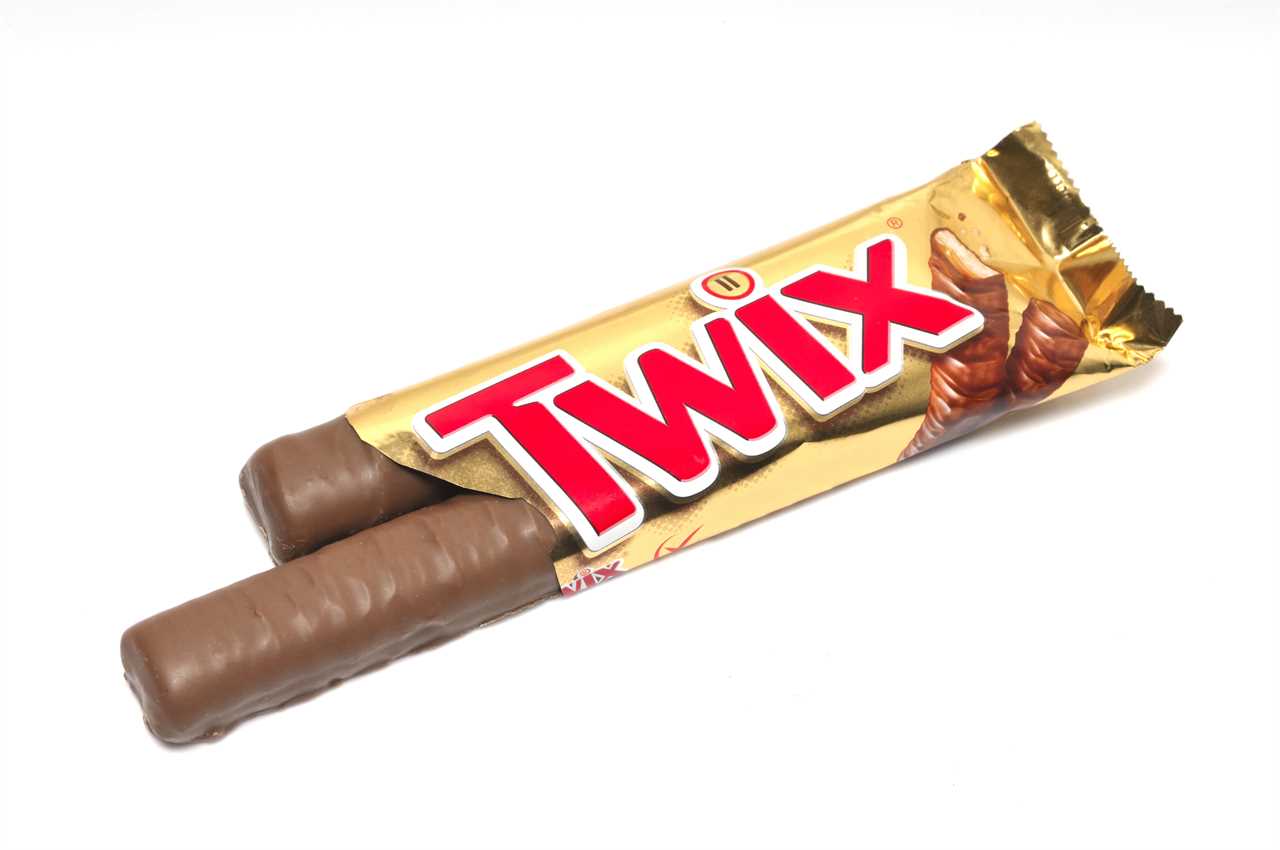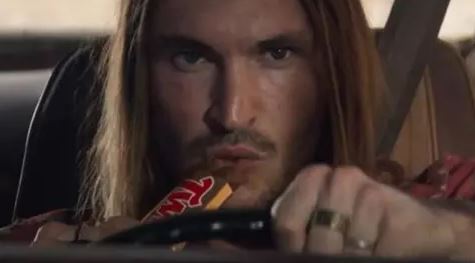
In a recent development, an advertisement for the popular chocolate bar Twix has been met with criticism and subsequently banned from television screens. The advert, showcasing a car chase involving two caramel-coloured vehicles, culminated in a scene where one car was positioned atop the other, resembling the structure of a Twix bar.
The Wider Context: Safety Concerns and Advertising Standards
Despite its creative intent, the ad faced backlash with five complaints citing concerns over dangerous driving depictions and irresponsibility. Mars-Wrigley, the brand owner, defended the commercial, emphasizing its cinematic and fantastical nature. However, the Advertising Standards Authority (ASA) ruled that the ad promoted unsafe driving practices and should not be aired again in its current form.
The ASA's decision highlighted the fine line between creativity and responsibility in advertising, acknowledging the fantastical elements while pointing out potential breaches of driving regulations within the ad's narrative. Mars countered these claims, stating that the depicted driving speeds were lawful and aimed to showcase legal and safe driving behaviours.
Power Dynamics in Advertising
The clash between artistic expression and societal responsibility in advertising is not a new phenomenon. The Twix ad ban adds to a series of similar cases where TV commercials have been pulled from broadcast due to ethical concerns. This incident underscores the power of advertising in shaping public perceptions and the importance of upholding safety standards in media representations.

It is crucial to recognise the influence that advertising wields in shaping consumer behaviour and societal norms. The ASA's role in regulating ads to prevent the glorification of irresponsible actions sets a precedent for responsible marketing practices within the industry.
Global Perspectives on Advertising Ethics
While this specific case pertains to a UK advertisement, the broader implications resonate globally. The intersection of creativity, commerce, and social responsibility in advertising is a universal challenge, requiring constant vigilance to ensure that messaging upholds ethical standards and promotes positive societal values.
As consumers, we play a pivotal role in demanding accountability from brands and advertisers, urging them to align their messaging with safety, social consciousness, and ethical considerations. The Twix ad ban serves as a reminder of the multifaceted dynamics at play in the realm of advertising and the need for continuous scrutiny to uphold ethical standards.
In conclusion, the banning of the Twix ad reflects a nuanced debate surrounding the boundaries of creativity and responsibility in advertising. By critically examining such cases, we engage in a collective dialogue on the ethical dimensions of media representation and the impact of advertising on societal attitudes.

Did you miss our previous article...
https://thecelebreport.com/television/exploring-the-complexities-of-pregnancy-shaming-in-the-social-media-age






